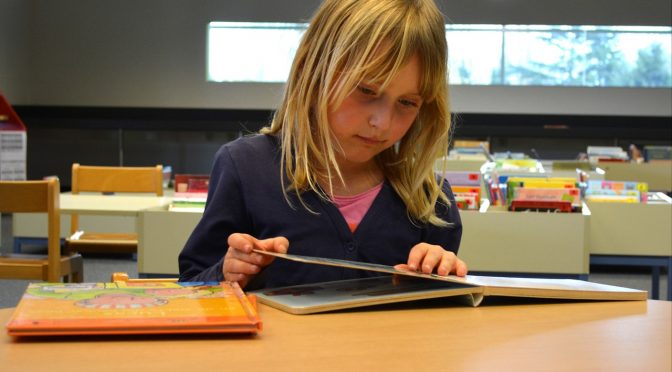“Reading is to the mind what exercise is to the body.” – Richard Steele”
Reading is the stepping stone to everything else in life as it is the gateway through which endless knowledge and information is absorbed. Inculcating a strong reading habit right from childhood is crucial to making it a life-long habit. Children who are avid readers have a broader horizon of the world around them and are more likely to be successful individuals as adults. The foundation of being a reader is to set reading goals and be consistent with them.
Here are some tips for sticking to a consistent reading habit as kids:
- Form a Routine: Even if it is a 15 to 20 minute routine, it will work wonders in the long run. What we practice persists, so stick to a routine as this will help your child form a disciplined approach towards reading. All you need are a few minutes of uninterrupted time with your child everyday to read his/her favorite book and before you know, it will become an automatic process for your child.
- Create a Reading Nook: Create a space in your house that is dedicated to reading. Ensure that there is proper lighting, comfortable seating, ventilation and a collection of your child’s favorite books. Encourage your child to spend some time in this corner every day even if it means sitting with him/her to read a book.
- Choose Books of Interest: Explore different genres of books for your child as this will help in discovering what his interests are. Create a collection of fiction, joke books, how-to books, biographies, graphic novels and more as per the age/ reading level of your child. If you do not want to buy books at this stage, consider visiting your nearest library with your child once every week at the least.
- Keep Devices Away: As much as we love our IPads, tablets, video games, phones and other modern devices, we need to keep them away during ‘Reading Time’. In fact, in a household with young kids, everyone including the adults should form a practice of switching off devices for a few minutes every day and read a book together.
- Use Reading Tools: Last but not the least, if your child is a slow reader/learner, consider investing in reading tools that are designed to improve the quality and speed of reading and learning. The tools help in improving concentration, memory, vocabulary and spellings. They can be used to highlight text, prevent line and word skipping and reduce pattern glare.
See-N-Read provide learning tools for improving reading in kids, you can visit www.see-n-read.com or call at 1-630-236-5592 for more information.








